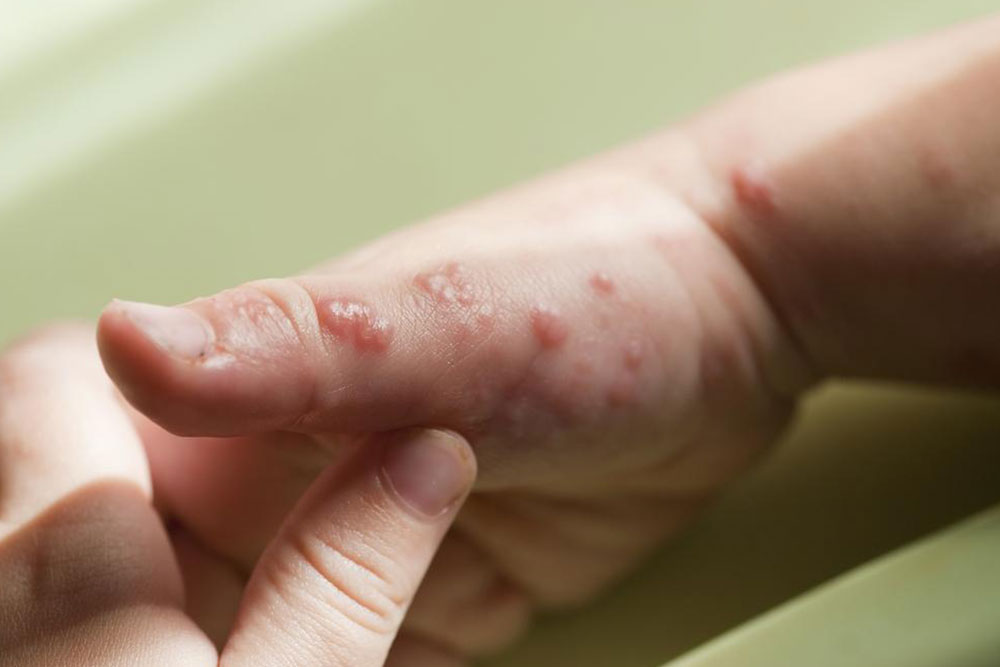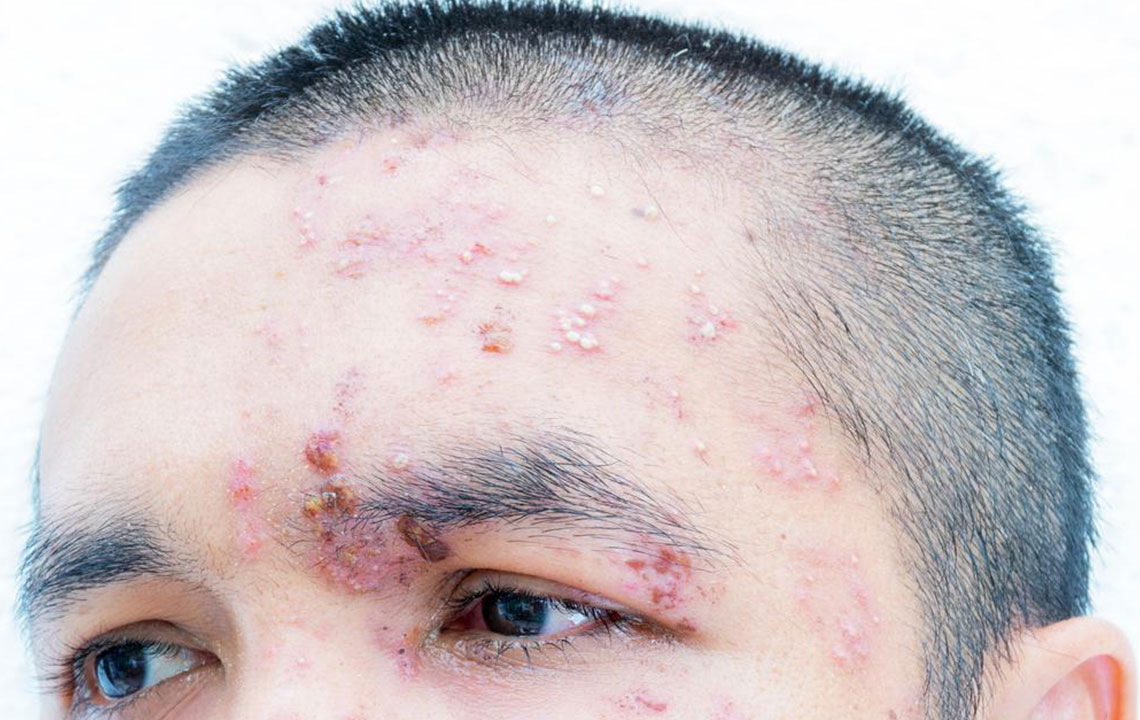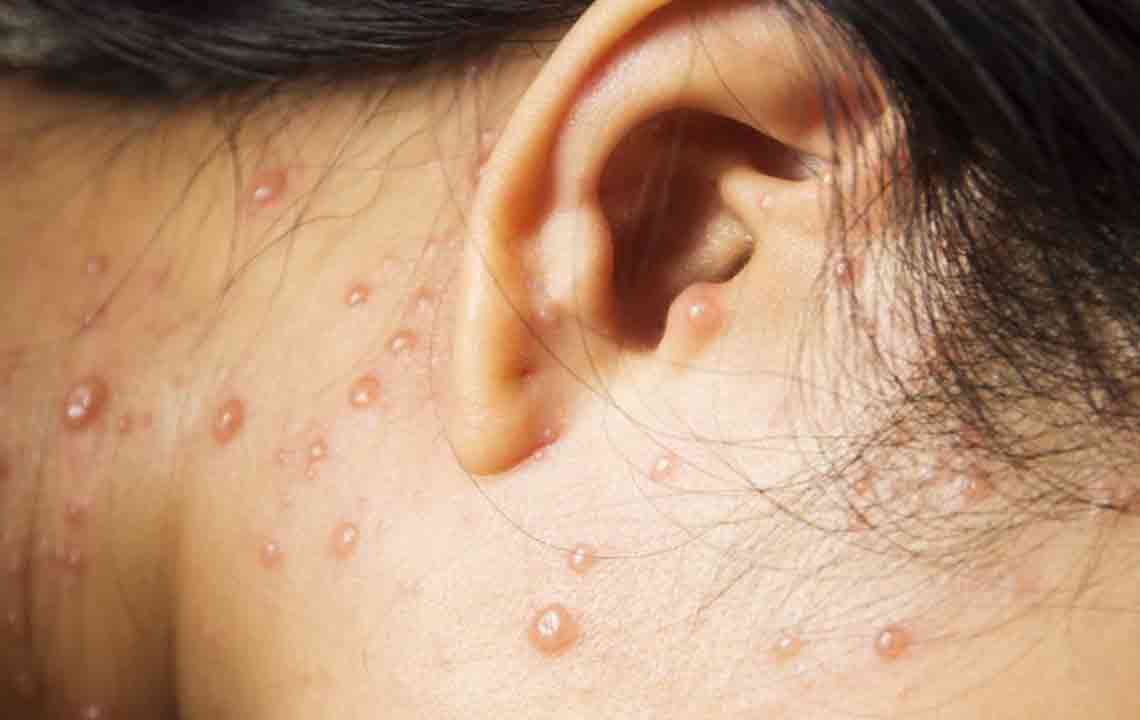Understanding Shingles and Its Impact on Nerve Health
Learn about shingles' effects on nerves, including causes, symptoms, and treatments. Understanding nerve damage and how to prevent complications can help manage post-shingles pain effectively. Discover lifestyle tips, medications, and alternative therapies to support nerve health and recovery.

Understanding Shingles and Its Impact on Nerve Health
Nerve pain arises from injuries or illnesses affecting the nervous system. When nerves are compromised, they transmit pain signals to the brain, resulting in sensations such as burning, stabbing, shooting, or electric shock feelings.
Conditions like diabetes, cancer treatments, HIV, STDs, and substance abuse can cause nerve pain. Shingles, caused by the Varicella-zoster virus, is also a common culprit. This virus lies dormant after chickenpox but can reactivate, especially when immunity weakens, leading to shingles which may cause nerve damage and pain known as neuropathic pain or neuralgia.
Shingles results from reactivation of the Varicella-zoster virus, the same virus responsible for chickenpox. After recovery, the virus remains dormant within nerve cells. When immunity weakens, it reactivates, causing shingles, which can be more severe than chickenpox and lead to significant nerve damage. Prompt treatment can prevent serious complications.
Post-treatment, some experience ongoing nerve pain, termed postherpetic neuralgia. It’s essential to recognize that nerve pain may signal other health issues, including heart problems or appendicitis, so proper diagnosis is crucial.
In cases of persistent nerve pain, it may be classified as postherpetic neuralgia (PHN) or neuropathy. Damage to nerves from shingles can be managed with medication, lifestyle adjustments, and supportive therapies.
Maintaining overall health through proper diet and exercise strengthens nerves. Consulting healthcare professionals about vitamins, nutrition, and alternative treatments like acupuncture can enhance recovery. Patience is important, as nerve healing is gradual, and unnecessary stress can delay progress.










